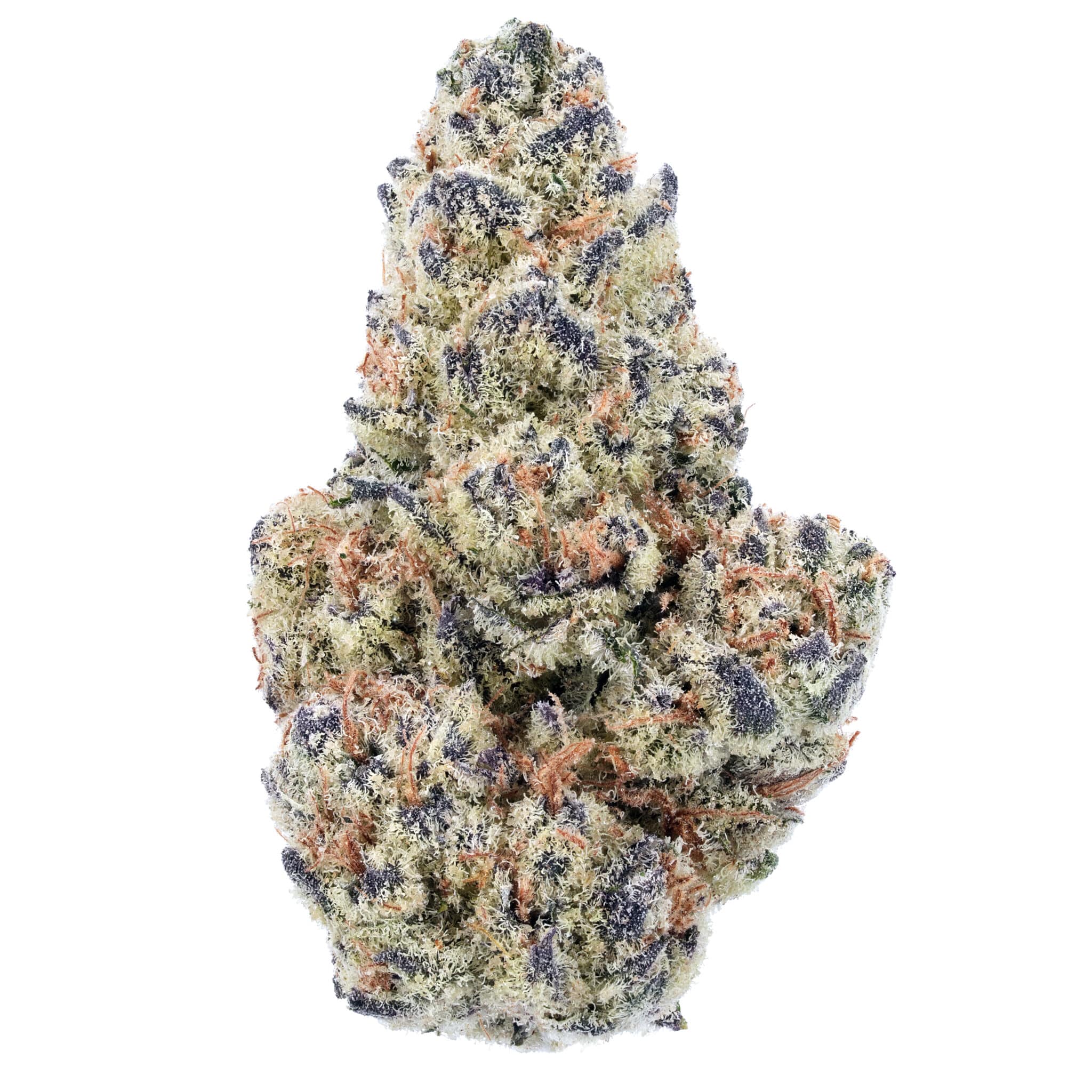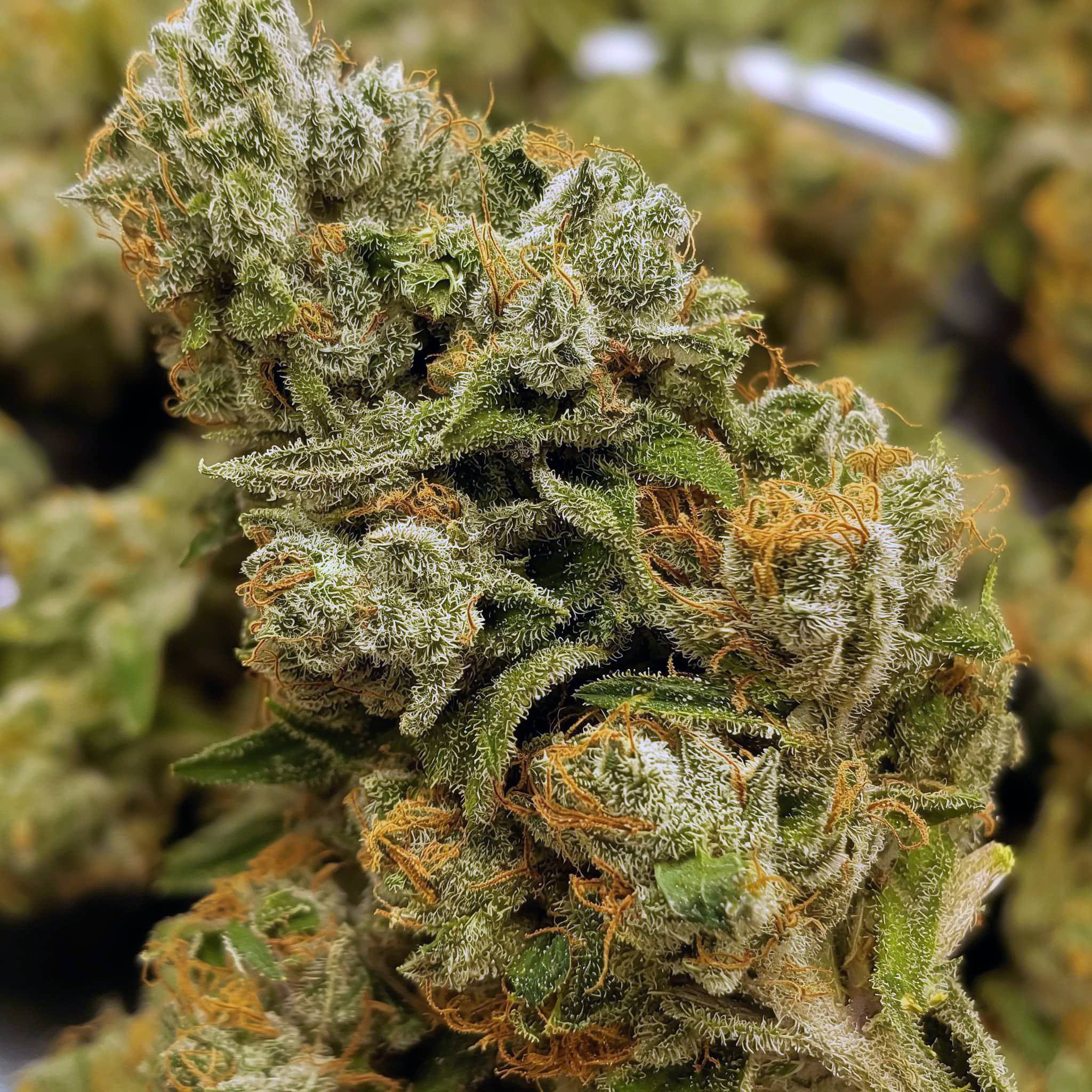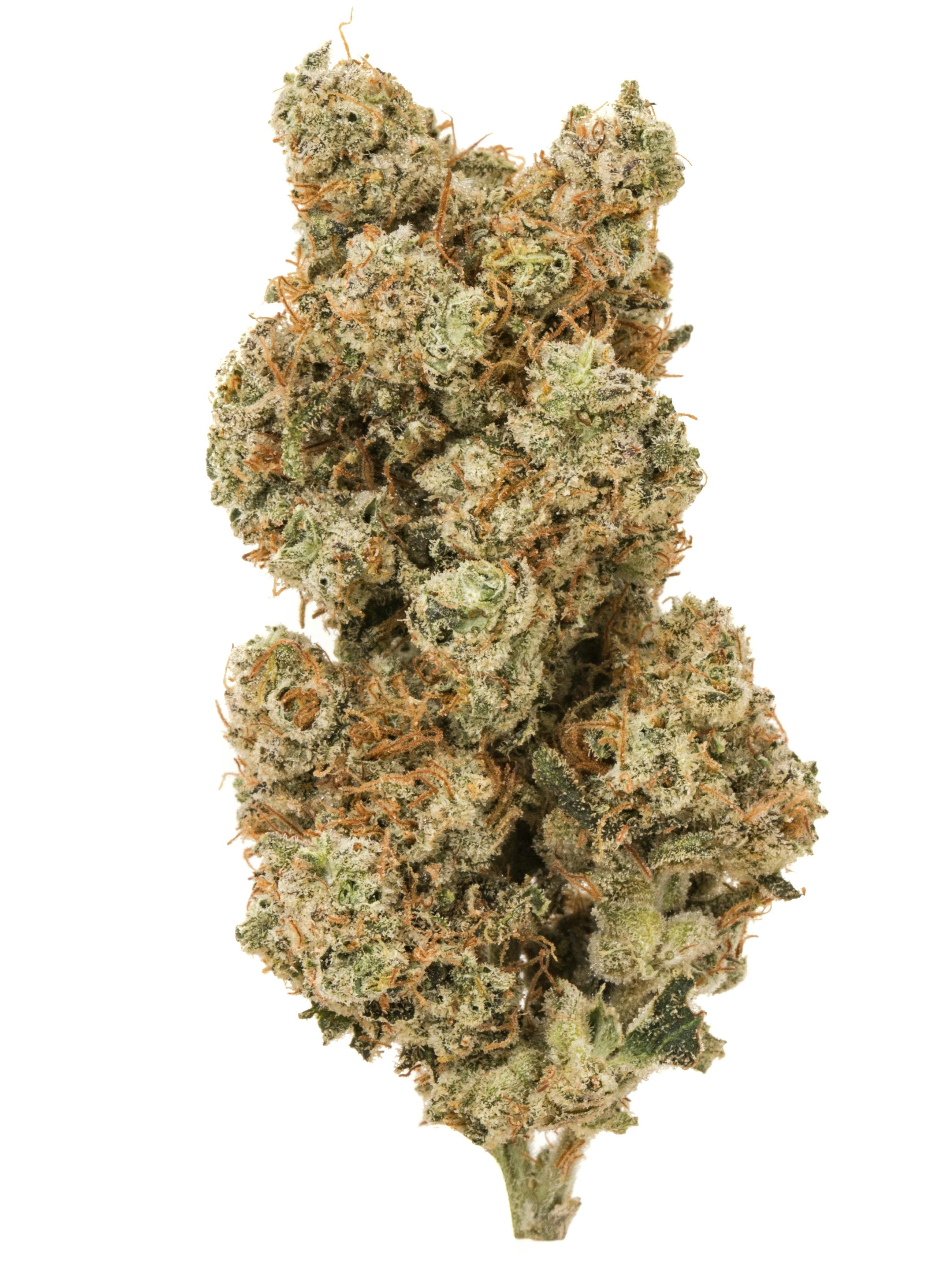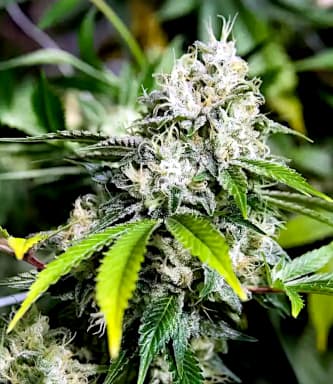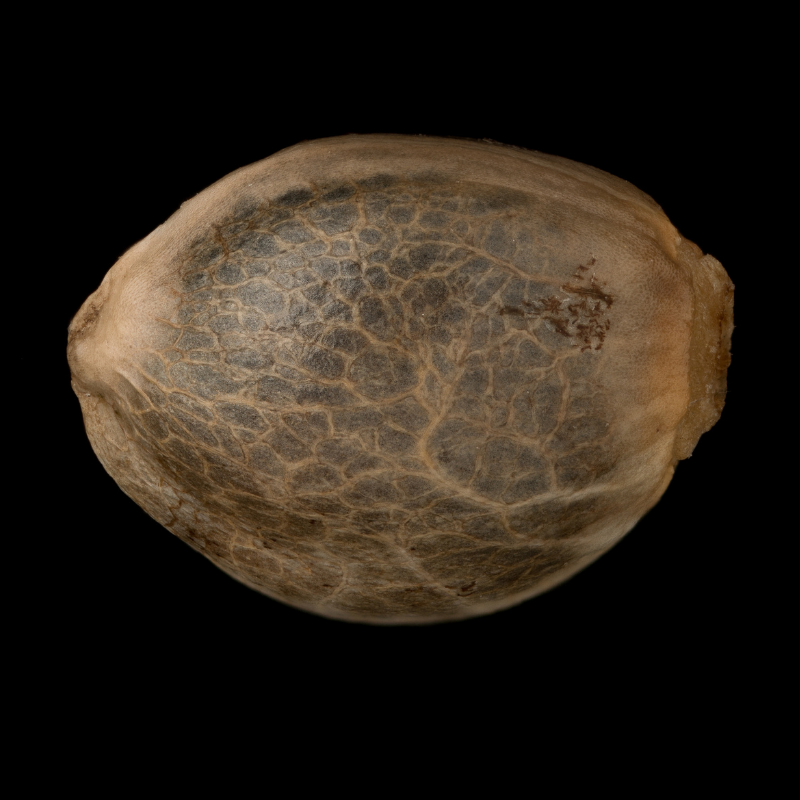Welcome to the definitive guide on White Widow — the legendary Dutch coffee shop classic that changed the game in the 1990s. With THC levels reaching up to 25%, this perfectly balanced hybrid is celebrated for its blanket of white, crystal-laden trichomes and its powerful, dual-action high. It delivers an immediate burst of creative sativa energy that smoothly transitions into a calming indica body buzz.
This guide covers everything you need to know about growing White Widow seeds. From its unique genetic history and terpene profile to expert cultivation advice for maximizing your yield of frosty, resin-coated buds, we'll explore why this strain remains an icon for growers and users alike.
What Is the White Widow Strain?
White Widow is a balanced hybrid strain, typically around 60% Sativa and 40% Indica, that first gained international acclaim in the Netherlands. Bred by Green House Seeds in the 1990s, it quickly became a staple in Amsterdam coffee shops and won the High Times Cannabis Cup in 1995. Its name comes from its most striking feature: the buds are so covered in crystalline resin that they appear almost white.
White Widow Genetics and Lineage
The legendary status of White Widow is rooted in its unique and powerful parentage:
- Brazilian Sativa Landrace: This parent contributes the uplifting, energetic, and cerebral effects that define the initial phase of the White Widow high. It's responsible for the creative and talkative buzz.
- South Indian Indica: A resin-heavy Indica from the mountains of Kerala, this parent provides the strain's incredible trichome production and the soothing, full-body relaxation that follows the Sativa rush.
This masterful cross-breeding resulted in a robust, resilient, and remarkably potent strain that set a new standard for cannabis quality and has since been used to create other famous hybrids like White Russian and Blue Widow.
THC and Cannabinoid Content
White Widow is known for its consistently high THC content, which typically ranges from 18% to 25%. Its CBD levels are very low, usually below 1%. This high THC concentration is responsible for its potent and fast-acting effects. Due to its strength, it’s recommended that novice users start with a small amount to gauge their tolerance and avoid feeling overwhelmed.
White Widow: Effects and Terpene Profile
The effects of White Widow are famously well-balanced. The experience begins almost immediately with a surge of cerebral energy, sparking creativity, conversation, and a general sense of euphoria. This is followed by a more relaxed physical state that melts away tension without leading to heavy sedation, making it a perfect strain for social gatherings or creative projects.
Reported Feelings and Effects
Users consistently report a mix of stimulating and calming effects:
- Energy and Creativity: A powerful cerebral high that sharpens focus and inspires creative thought.
- Euphoria and Happiness: An uplifting mood boost that is effective against stress and depression.
- Relaxation: A gentle body high that soothes without causing couch-lock, allowing for activity and engagement.
- Sociability: Many users feel more talkative and giggly, making it ideal for social settings.
Common negative side effects include dry mouth and dry eyes. In higher doses, some individuals may experience mild paranoia or anxiety, so moderation is key.
Flavor, Aroma, and Dominant Terpenes
White Widow has a distinct and pungent aroma that is sharp and spicy, with underlying notes of earthy pine. The flavor is clean and woody, with a hint of pepper on the exhale. This memorable profile is created by its dominant terpenes:
- Myrcene: The most abundant terpene, providing earthy and herbal notes and contributing to the strain's relaxing qualities.
- Caryophyllene: Delivers a spicy, peppery kick and is known for its anti-inflammatory and stress-relieving properties.
- Pinene: Contributes the fresh pine aroma and is believed to aid in alertness and memory retention, counteracting some of THC's foggier effects.
Medical Uses for White Widow
Thanks to its balanced effects, White Widow has become a go-to strain for many medical cannabis patients seeking relief from both mental and physical ailments.
Managing Pain, Stress, and Depression
The strong euphoric and mood-lifting effects are highly effective for patients dealing with chronic stress, anxiety, and depression. It can provide a mental escape and a more positive outlook. Its analgesic properties, supported by caryophyllene, can also help manage chronic pain, migraines, and muscle stiffness without the heavy sedation of pure Indica strains.
Other Therapeutic Applications
This versatile strain is also reported to be beneficial for:
- PTSD: The uplifting cerebral effects can help patients manage symptoms of Post-Traumatic Stress Disorder.
- Fatigue: The initial Sativa energy boost can effectively combat chronic fatigue and provide motivation.
- Lack of Appetite: Like many THC-rich strains, it can stimulate appetite.
How to Grow White Widow
White Widow is famously easy to grow, making it a perfect choice for novice cultivators. It is naturally resistant to mold, pests, and colder climates, making it a very forgiving plant. It can be cultivated both indoors and outdoors, consistently producing impressive yields of high-quality, resinous buds.
Flowering Time and Yield
Indoors, White Widow has a relatively short flowering time of 8 to 9 weeks. Growers can expect excellent yields of about 1.5 to 1.8 ounces per square foot (450-500 g/m²). When grown outdoors, plants are ready for harvest in late September or early October in the Northern Hemisphere and can produce over 21 ounces (600g) per plant.
Indoor vs. Outdoor Cultivation Tips
- Indoor Growing: White Widow responds exceptionally well to SOG (Sea of Green) and ScrOG (Screen of Green) methods, which maximize light exposure to all bud sites. It doesn't stretch excessively, making it manageable for indoor spaces. Keep temperatures between 68-80°F (20-26°C).
- Outdoor Growing: This strain is hardy and can handle cooler northern climates better than many other strains. However, it thrives in a warm, sunny environment. Its natural resistance to mold is a major advantage in more humid regions.
An autoflowering version, White Widow Auto, is also widely available and offers an even faster seed-to-harvest time (around 10-12 weeks) for those seeking a quicker turnaround.
White Widow vs. Similar Strains
Comparing White Widow to other legendary strains helps highlight what makes it a timeless classic.
White Widow vs. AK-47
Both are Sativa-dominant hybrids from the 90s known for potent, cerebral effects. However, White Widow's high is often described as more balanced and less intensely racy than AK-47's. White Widow provides a smoother transition into physical relaxation, while AK-47 maintains a steady, energetic buzz for longer.
White Widow vs. Northern Lights
Northern Lights is a nearly pure Indica, famous for its deeply sedating and relaxing "couch-lock" effects. White Widow is the opposite in this regard; its primary effect is energetic and cerebral. While both are great for stress relief, White Widow is suited for daytime or social use, whereas Northern Lights is best for nighttime and treating insomnia.
Cannabis Strain Comparison Chart
| Strain Name | THC % | Type | Flowering Time | Primary Effects | Flavor Profile | Growing Difficulty | Yield | Medical Uses |
|---|---|---|---|---|---|---|---|---|
| White Widow | 18-25% | Hybrid (60/40) | 8-9 weeks | Energetic, Creative | Woody, Spicy, Earthy | Easy | High | PTSD, Depression, Stress |
| AK-47 | 18-25% | Hybrid (65/35) | 8-9 weeks | Uplifting, Cerebral | Earthy, Sour, Floral | Easy | High | Stress, Pain, Depression |
| Blue Dream | 17-24% | Hybrid (60/40) | 9-10 weeks | Balanced, Uplifting | Berry, Sweet, Vanilla | Easy | High | Chronic Pain, Fatigue |
| OG Kush | 19-26% | Hybrid (55/45) | 8-9 weeks | Euphoric, Relaxing | Lemon, Pine, Fuel | Moderate-Hard | Medium | Stress, Migraines |
| Gorilla Glue #4 | 18-25% | Hybrid (50/50) | 8-9 weeks | Couch-lock, Sedating | Diesel, Pine, Earthy | Moderate | High | Insomnia, Pain |
| Girl Scout Cookies | 17-24% | Hybrid (60/40) | 9-10 weeks | Happy, Creative | Sweet, Mint, Cherry | Moderate | Medium | Depression, Nausea |
| Northern Lights | 16-21% | Indica (95/5) | 7-9 weeks | Sleepy, Relaxing | Sweet, Spicy, Earthy | Easy | Medium-High | Insomnia, Pain |
| Sour Diesel | 20-25% | Sativa (90/10) | 10-11 weeks | Energizing, Cerebral | Diesel, Citrus, Herbal | Moderate | Medium | Depression, Fatigue |
Note: THC percentages and effects can vary significantly based on growing conditions, harvest timing, and curing methods. Always start with small doses and consult with healthcare professionals for medical use. Growing difficulty refers to cultivation requirements including environmental control, nutrient management, and pest resistance.
